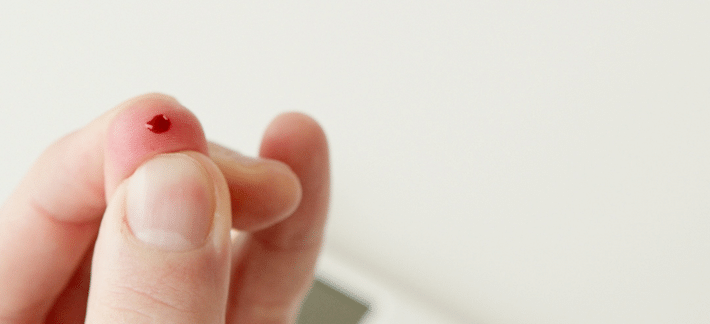Carb Counting App for Diabetics: Tips and Tricks

If you’re living with diabetes, monitoring your carbohydrate intake is crucial to maintaining stable blood sugar levels. Carb counting can be a tedious task, but with the help of a carb counting app, it doesn’t have to be. In this article, we’ll discuss the best tips and tricks for using a carb counting app to manage your diabetes.
Why is carb counting important for diabetics?
Carbohydrates are one of the main nutrients that affect blood sugar levels. When you eat carbs, your body breaks them down into glucose, which enters the bloodstream and raises your blood sugar. For people with diabetes, this can lead to hyperglycemia (high blood sugar) if not managed properly. Carb counting is a way to keep track of how many carbs you consume and adjust your insulin doses accordingly.
What should you look for in a carb counting app?
There are many carb counting apps available, but not all of them are created equal. Look for an app that:
1. Allows you to track net carbs
Net carbs are the total amount of carbs minus the fiber content. Fiber doesn’t raise blood sugar levels as much as other carbs, so it’s important to track net carbs separately.
2. Has a comprehensive database
Make sure the app has a large database of foods and drinks, including brand-name products and restaurant meals. This will make it easier to accurately track your carb intake.
3. Lets you customize serving sizes
Some apps only offer pre-set serving sizes, but it’s important to have the ability to input your own serving size for accurate carb counting.
4. Offers insulin tracking
If you take insulin, look for an app that allows you to track your doses and set reminders for when to take them.
Tips and tricks for using a carb counting app
Now that you’ve found the perfect carb counting app, here are some tips and tricks for using it effectively:
1. Plan your meals in advance
Use the app to plan your meals and snacks in advance, so you know exactly how many carbs you’ll be consuming throughout the day. This will make it easier to adjust your insulin doses and avoid unexpected blood sugar spikes or drops.
2. Don’t forget to track drinks
Many drinks, such as soda and fruit juices, are high in carbs and can quickly add up. Make sure to track your drinks, including the size and brand, in the app.
3. Use the barcode scanner
If your app has a barcode scanner, use it to quickly and easily input the nutritional information of packaged foods. This will save you time and ensure accuracy.
4. Set reminders
If you have trouble remembering to check your blood sugar or take your insulin doses, use the app’s reminder feature to set notifications at specific times throughout the day.
5. Review your progress
Regularly review your carb intake and blood sugar levels in the app to see how you’re progressing towards your goals. Use this information to make adjustments as needed.
Conclusion
Using a carb counting app is an effective way to manage your diabetes and maintain stable blood sugar levels. By following these tips and tricks, you can make the most out of your app and live a healthy, fulfilling life with diabetes.
FAQs
Q1. Is a carb counting app necessary for people with diabetes?
A1. While it’s possible to manage diabetes without a carb counting app, it can make the process much easier and more accurate. It’s recommended for anyone with diabetes who wants to maintain stable blood sugar levels.
Q2. Is there a free carb counting app available?
A2. Yes, there are many free carb counting apps available on both iOS and Android platforms. However, some may offer limited features compared to paid versions.
Q3. How often should I check my blood sugar levels when using a carb counting app?
A3. It’s recommended to check your blood sugar levels at least 4 times a day if you have diabetes. However, you should follow your healthcare provider’s advice on how often to test.
Q4. Can a carb counting app help me lose weight?
A4. While a carb counting app can help you monitor your carb intake, it’s not a weight loss tool on its own. To lose weight, you’ll need to also pay attention to your overall caloric intake and exercise regularly.
Q5. How can I get started with carb counting?
A5. Talk to your healthcare provider or a registered dietitian for guidance on carb counting and how to use a carb counting app. They can help you set goals and create a personalized plan that works for you. And don’t forget to download our carb counting app for diabetics, Carbos, to simplify the process!
